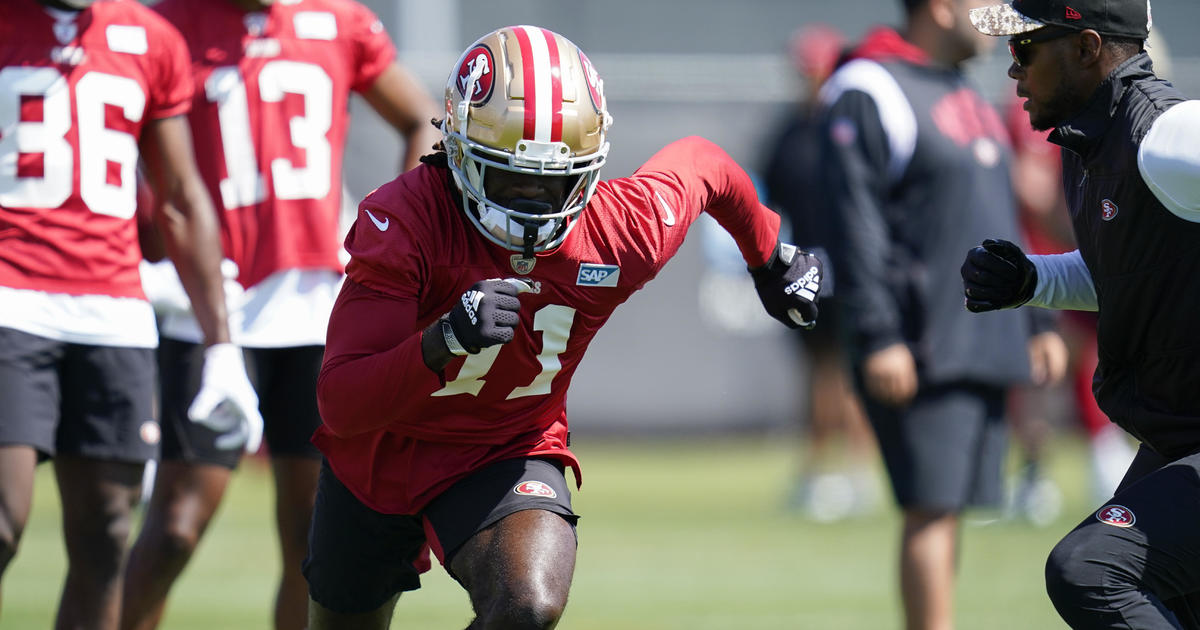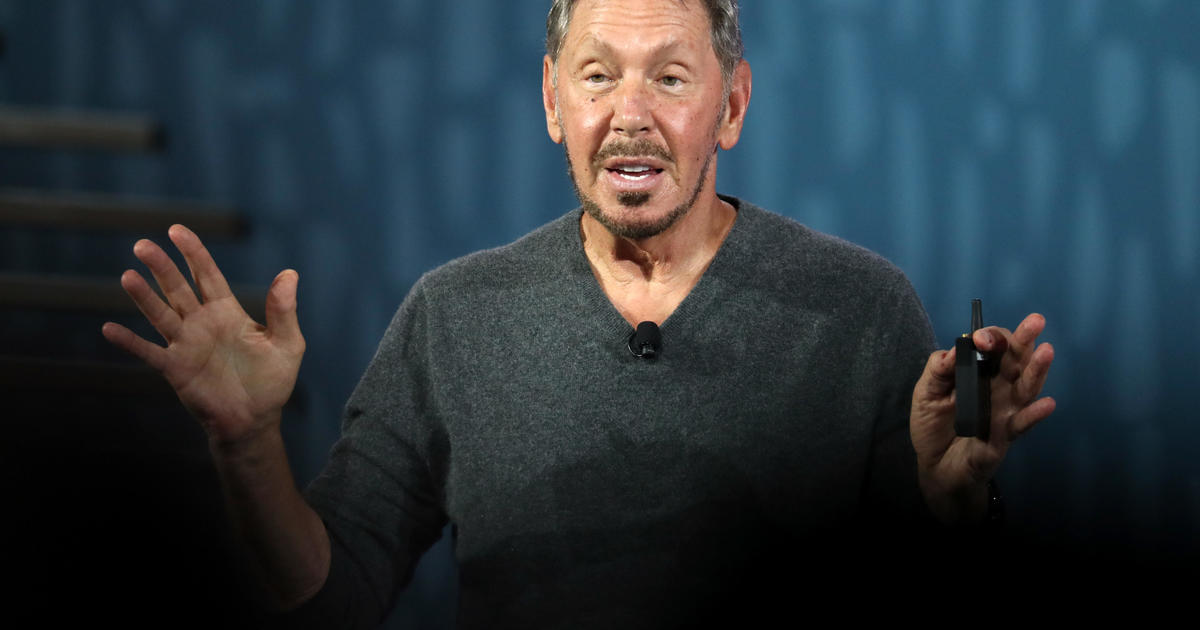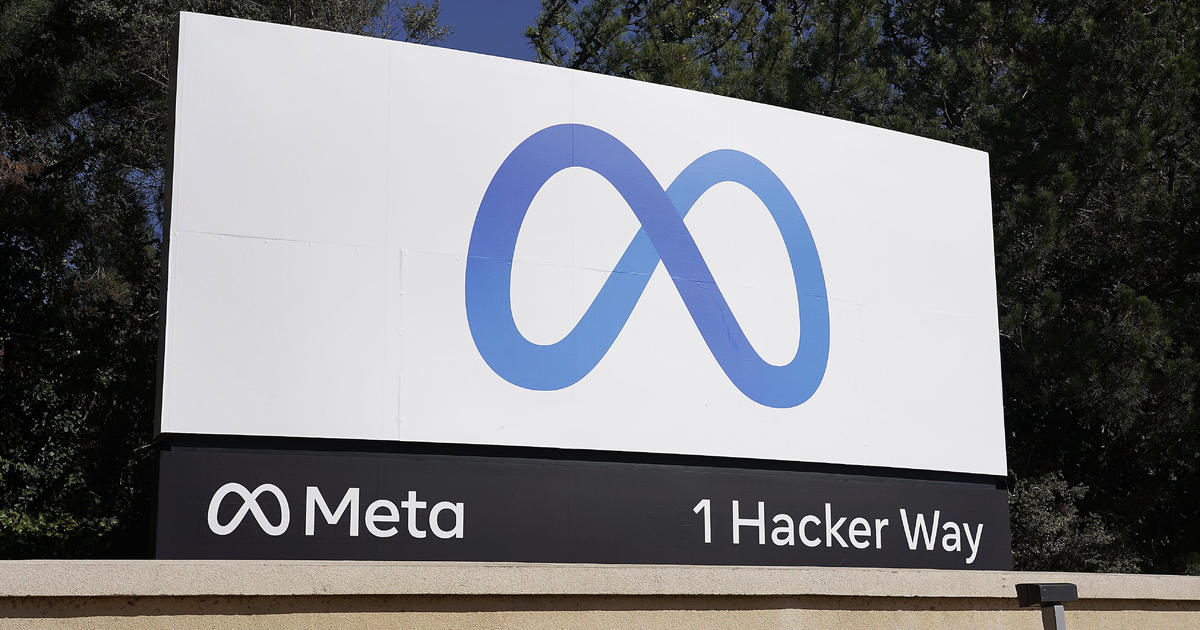NASA Picks SpaceX And Boeing To Resume U.S. Human Spaceflight, After Retiring Space Shuttle Fleet
CAPE CANAVERAL, Fla. (CBSSF/AP) -- In a major announcement that will end the reliance on the Russians to launch Americans into space and could also determine which private company launches the first manned mission to Mars, NASA on September 16th, 2014 awarded the human spaceflight contract worth $6.8 billion to both SpaceX and Boeing.
The new crew vehicle will form America's new foray into human spaceflight, going back to the Apollo days of capsules, and offering the first new spacecraft since the space shuttle fleet was retired. The less robust shuttle program suffered the two greatest space disasters in U.S. history with the Challenger and Columbia losses, killing 14 astronauts in total.
SpaceX, co-founded by Tesla and Paypal co-founder Elon Musk and Boeing beat out Sierra Nevada Corporation based out of Colorado to build the new craft. SpaceX has also been working with NASA on a program to send extremely heavy payloads into space, including the DragonX capsule which could theoretically be adapted for a Mars mission, a task that NASA leaders made reference too in the announcement.
Boeing was the veteran of the competitors, working on a crew capsule that would be assembled at Kennedy Space Center.
SPACEX: Mars Mission Possible
"From day one, the Obama Administration made clear that the greatest nation on Earth should not be dependent on other nations to get into space," NASA Administrator Charlie Bolden said at the agency's Kennedy Space Center in Florida.
"Thanks to the leadership of President Obama, the hard work of our NASA and industry teams, and support from Congress, today we are one step closer to launching our astronauts from U.S. soil on American spacecraft and ending the nation's sole reliance on Russia by 2017," Bolden added.
The administrator then went on to look beyond the space station, saying, "Turning over low-Earth orbit transportation to private industry will also allow NASA to focus on an even more ambitious mission – sending humans to Mars."
U.S. astronauts have been hitching a ride on Russian spacecraft since 2011, when NASA retired the aging and outdated shuttle fleet. The cost was $71 million per seat, and four astronauts have been flying on the Soyuz capsules each year.
By switching to private industry partners based in the U.S., NASA also will be able to increase its presence on the space station to more than six.
Boeing, based in Houston, will get $4.2 billion in the contract while Musk's SpaceX based in the Southern California city of Hawthorne will get $2.6 billion.
The first flights from SpaceX-Boeing should begin in 2017.
SpaceX has already been delivering cargo to the space station for two years after becoming the first private company to launch a spacecraft into orbit and retrieve it back in 2010.
Program manager Garrett Reisman told the Associated Press at a conference last month, "the company was not founded to bring T-shirts and food and water up to space, it was founded to bring people into space."
Orbital Sciences Corp. of Virginia, which also makes unmanned space station shipments, did not vie for crew-carrying privileges.
Boeing, the co-contract winner with SpaceX, has a vehicle that is also a capsule, called CST-100. The letters stand for Crew Space Transportation, and the number refers to 100 kilometers or 62 miles, the official start of space.
Sierra Nevada which did not get the contract, had the most novel entry, a winged, lifting body vehicle strongly reminiscent of NASA's space shuttle. Its name: Dream Chaser.
Both the CST-100 and Dream Chaser called for flying atop an Atlas V rocket. The manned SpaceX capsule would use the company's own Falcon 9 rocket. Cape Canaveral will be the sole launch site.
NASA paid each of these three major contenders hundreds of millions of dollars in recent years to spur development.
Amazon.com founder Jeff Bezos' Blue Origin company in Washington state received NASA funding in the early rounds of competition, then said it would continue working on its own, unfunded by the government. The company has given sparse details about its progress and intent.
NASA: http://www.nasa.gov/exploration/commercial/crew/
SpaceX: http://www.spacex.com/
Sierra Nevada: http://tinyurl.com/mqv9md9
Boeing: http://tinyurl.com/qjx5p9u
Blue Origin: http://www.blueorigin.com/
TM and © Copyright 2014 CBS Radio Inc. and its relevant subsidiaries. CBS RADIO and EYE Logo TM and Copyright 2014 CBS Broadcasting Inc. Used under license. All Rights Reserved. This material may not be published, broadcast, rewritten. The Associated Press contributed to this report.



